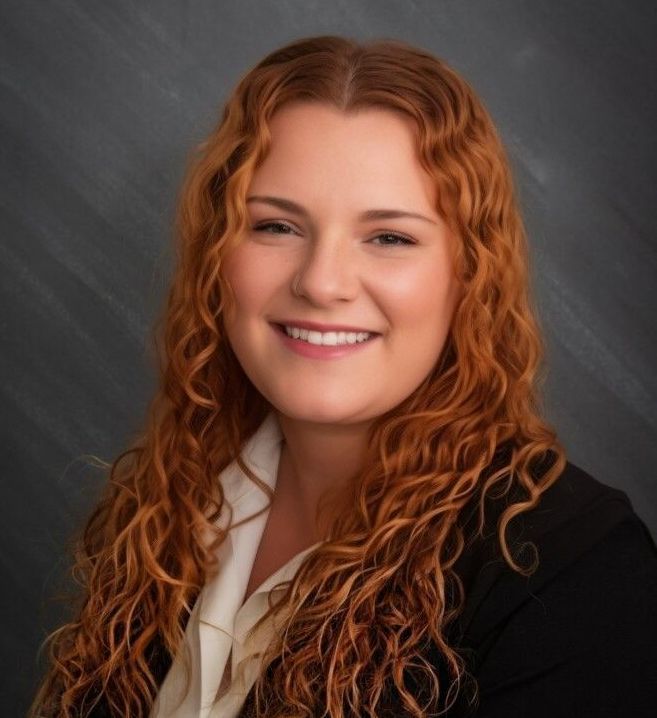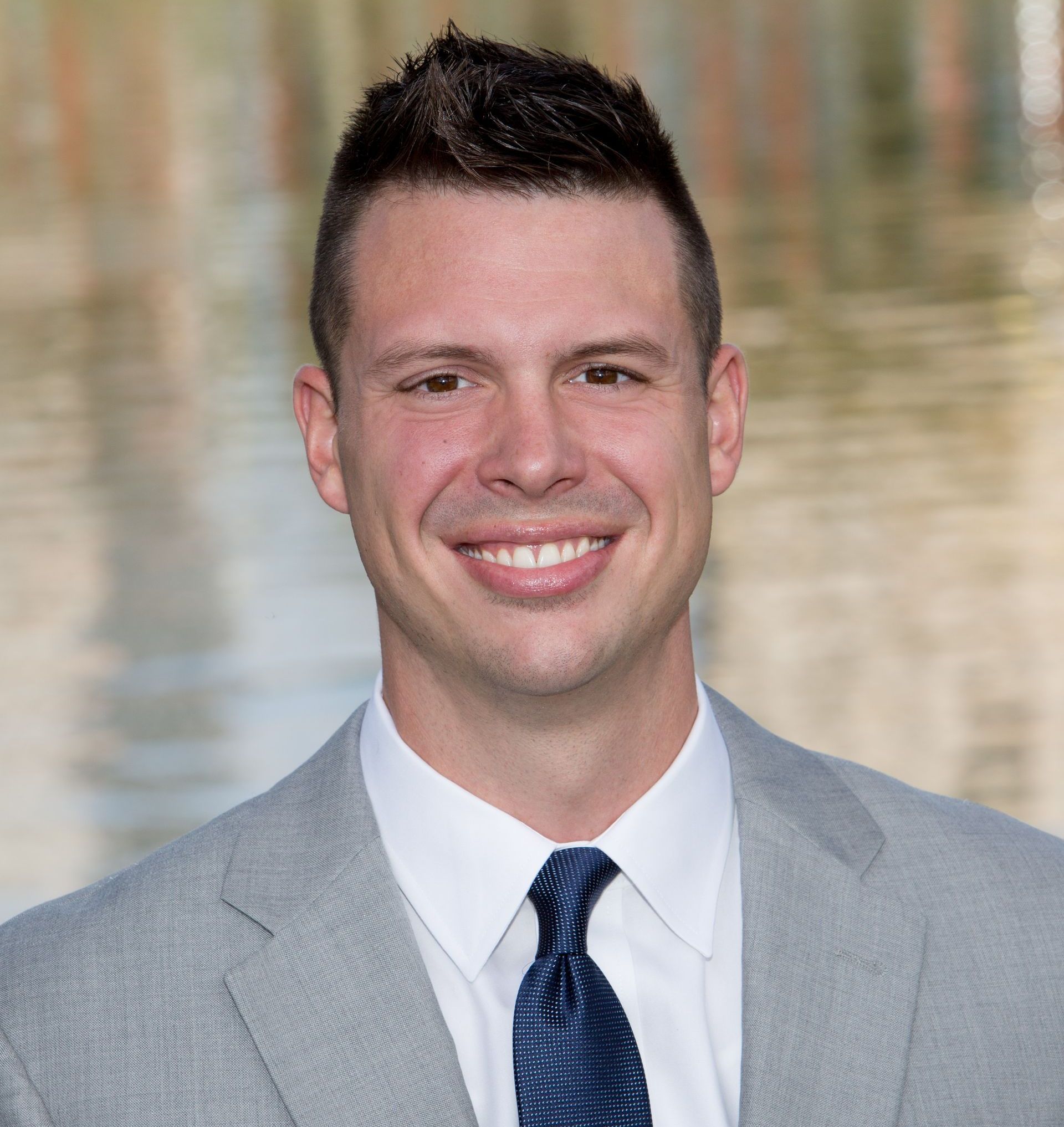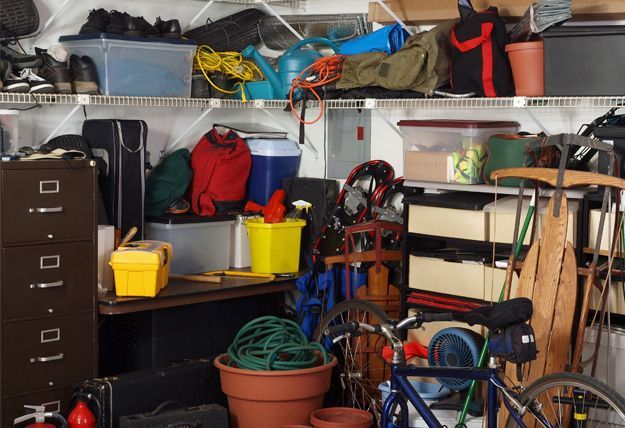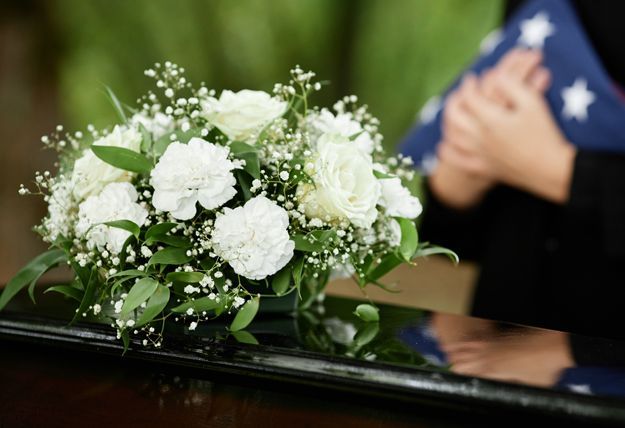Part Two: 6 More Things You Should Never Say to a Grieving Person
Our words have the ability to hurt or to heal. They are a powerful tool. We can use our words for building up or tearing down. We all know this is true. So, let’s use our words wisely, kindly, and for the encouragement and building up of those around us. Below is a list of a few more phrases that should be banished from our conversations with people who are grieving.
“How’s your family holding up?”
While this question is not innately bad, take the time to ask about your friend or loved one first. Ask “How are you?” and then ask about family members. By asking about family first, you indicate that the family’s feelings are more important than the individual’s feelings. Take time to ask your friend about their family, but first, be intentional about asking how they are doing in their own individual grief journey.
“Your loved one wouldn’t want you to be sad.”
You may be trying to lighten the mood and add a little levity, but in actuality, this comment trivializes the grief felt by the bereaved. You are telling them that their grief is a bit silly, and their loved one would say the same thing. Instead, allow people to grieve. Dr. Wolfelt encourages us to “Allow your friend to experience all the hurt, sorrow and pain that he or she is feeling at the time.” Give them the freedom to express whatever emotions are present.
“It was their time to go.”
This is similar to saying, “He’s/She’s in a better place.” When a person is grieving, it doesn’t matter that it was their loved one’s “time.” While the death of a grandparent or even a parent feels more in the natural order of things, some people are grieving a loss that feels unnatural, like that of a sibling, a child, or a friend. Remember, grief is made up of many complex and often conflicting emotions.
“How did he/she die?”
The only reason to ask this question is to satisfy your own curiosity. And in the end, the question will only make you seem nosy. Instead, focus on your grieving friend’s feelings. They need to hear you say, “I’m so sorry for your loss” or “My heart hurts for you.” For some, talking about the details of a death won’t be difficult, but for others, it will be excruciating. It’s best to wait until they decide on their own to share.
“You have to be strong for (insert person’s name).”
It is a common misconception that it’s best to move away from our grief rather than to move toward it, but strong-arming your way through grief isn’t very effective. In fact, “being strong” often causes people to push their feelings away and compartmentalize what they feel. Suppressing our emotions is never healthy and can lead to anxiety, tension, and emotional distance from the very person you want to connect with at a difficult time.
We should not encourage people to “be strong” when that means ignoring what they feel. Certainly, we don’t want them to fall apart for weeks on end and forget all their responsibilities, but we should give them permission to grieve. They are going to have to learn to deal with pain; it’s part of life. Instead, they need someone to walk beside them as you both grieve.
“I’m sure it will be better soon.”
When someone is grieving deeply, this comment may be frustrating. The grieving person may be thinking that they can’t imagine ever feeling better again. Your presumption that they will be better “soon” can seem insensitive. They may even feel like you are judging their current emotional state.
All in all, the most important thing you can do is offer support to your grieving friend in the best way you know how. You may stumble a bit with the words, and that’s okay. But take the time to carefully consider your words and say what is most beneficial, even if you feel awkward. Your friend will appreciate your efforts to be sensitive, kind, and supportive in their time of grief and need.
Article excerpt from Funeral Basics - www.funeralbasics.org











